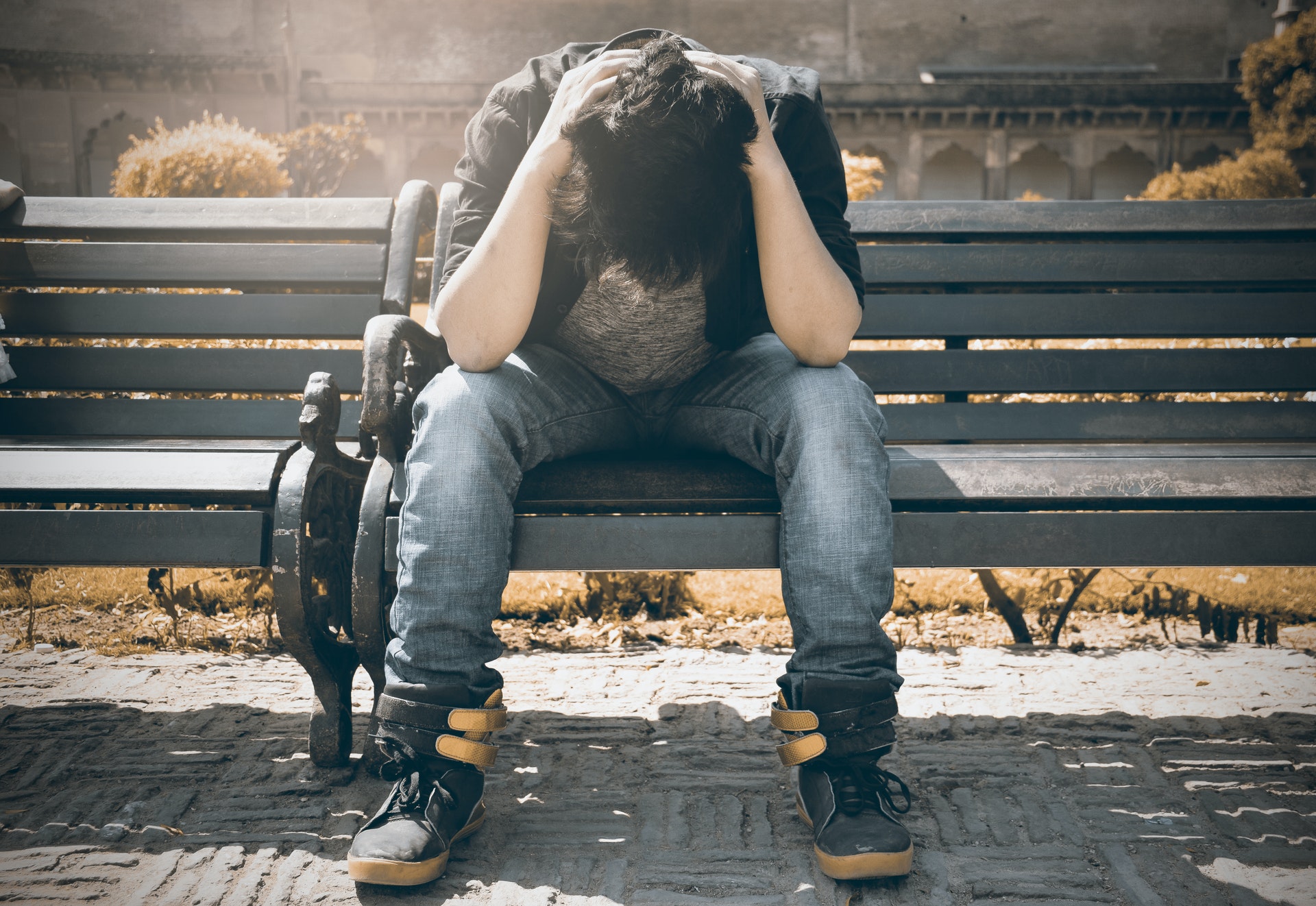Know the Signs of Teen Depression
If you’re a parent of a teenager, you probably learned about teen mental illness through primetime TV series of the 1990s and 2000s when you, yourself, were navigating the treacherous waters of the teenage years. Unfortunately, script writers didn’t always portray mental illness in the most sensitive or helpful way, or bundled the topic in with a host of other dysfunctions and drama. More than likely, your folks stayed far, far away from the topic.
Teen depression is one of the more stealthy mental illnesses… more veiled than, say, Jesse Spano’s famous caffeine pill induced “I’m So Excited” episode on Saved by the Bell. It might be hidden behind a chipper smile on Instagram or mistaken for regular teen angst or sadness.
Thankfully over the years, teen depression has become less taboo and a more prominent factor of overall teen health. And it’s no wonder the urgency is growing with staggering statistics showing teen suicides are on the rise.
So, how can parents accurately spot teen depression when bad moods, sadness, and acting out is to be expected, especially during the teenage years marked with raging hormones?
Work on De-Stigmatizing Depression
Start by keeping lines of communication open. If a friend of family member is dealing with depression, talk about it. Show your support and explain it’s a legitimate clinical illness just like other medical problems. When you ask some of the diagnostic questions to identify signs of depression, your teen will be more likely to respond with their authentic voice and be open to a discussion about treatment options.
Sadness or Depression?
Help your teen unpack tough experiences and identify what is sadness and what may be depression. Sadness is an emotion that feels crummy, sometimes even debilitating, but should get better with time.
Episodes of depression, on the other hand, last at least two weeks, and typically the symptoms persistently get in the way of daily life. Also, depression can creep up, even without a particularly bad day or sad event.
Sudden changes in normal behavior
Common red flags can often be seen in significant changes in your teen’s normal routine or behavior. For example:
- Sleeping more or less than normal.
- Eating more or less than normal.
- Lower energy.
- Difficulty concentrating.
- Feeling exhausted.
- Losing interest in hobbies or sports.
Persistent feelings or thoughts
When speaking with your teen, listen carefully to the feelings they are experiencing and identify words that may be a sign of depression, such as:
- Frustration or anger
- Emptiness or hopelessness
- Irritable or annoyed
- Worthlessness, guilt, or shame
- Anxiety or worrying about the future or past mistakes
- Thoughts of dying or suicide
Physical behaviors or sensations
Sometimes, depression manifests in ways that are more visible, including:
- Crying spells for no reason
- Isolation
- Running away
- Drug and alcohol use
- Violence
- Heaviness in the arms and legs
- Body aches or headaches
- Hand wringing or pacing
What to do if you notice signs of teen depression
Depression is highly treatable. If you are concerned your teen is struggling with depression, here are some ideas to find the right support they need:
- Talk to your child’s primary care physician to check and potentially rule out medication side effects, or to test thyroid or other hormone levels.
- Ask your teen to complete the short depression screen.
- Chat now with a mental health professional to discuss options. Scroll to the bottom of this page to start chatting for free with mental health professionals who specialize in treating this age group.
- Check out additional tips, worksheets and resources at Mental Health America.
About
UpStreet is a mental wellness program that offers free drop-in consultations with therapists, scheduled therapy appointments, text-based peer support, and support groups for teens ages 12-22. UpStreet aims to reduce the stigma of seeking mental health support, to avoid escalation of symptoms to a crisis stage, and enhance teens’ quality of life. Reach out to an UpStreet team member now using the chat bot located at the bottom of the page.




